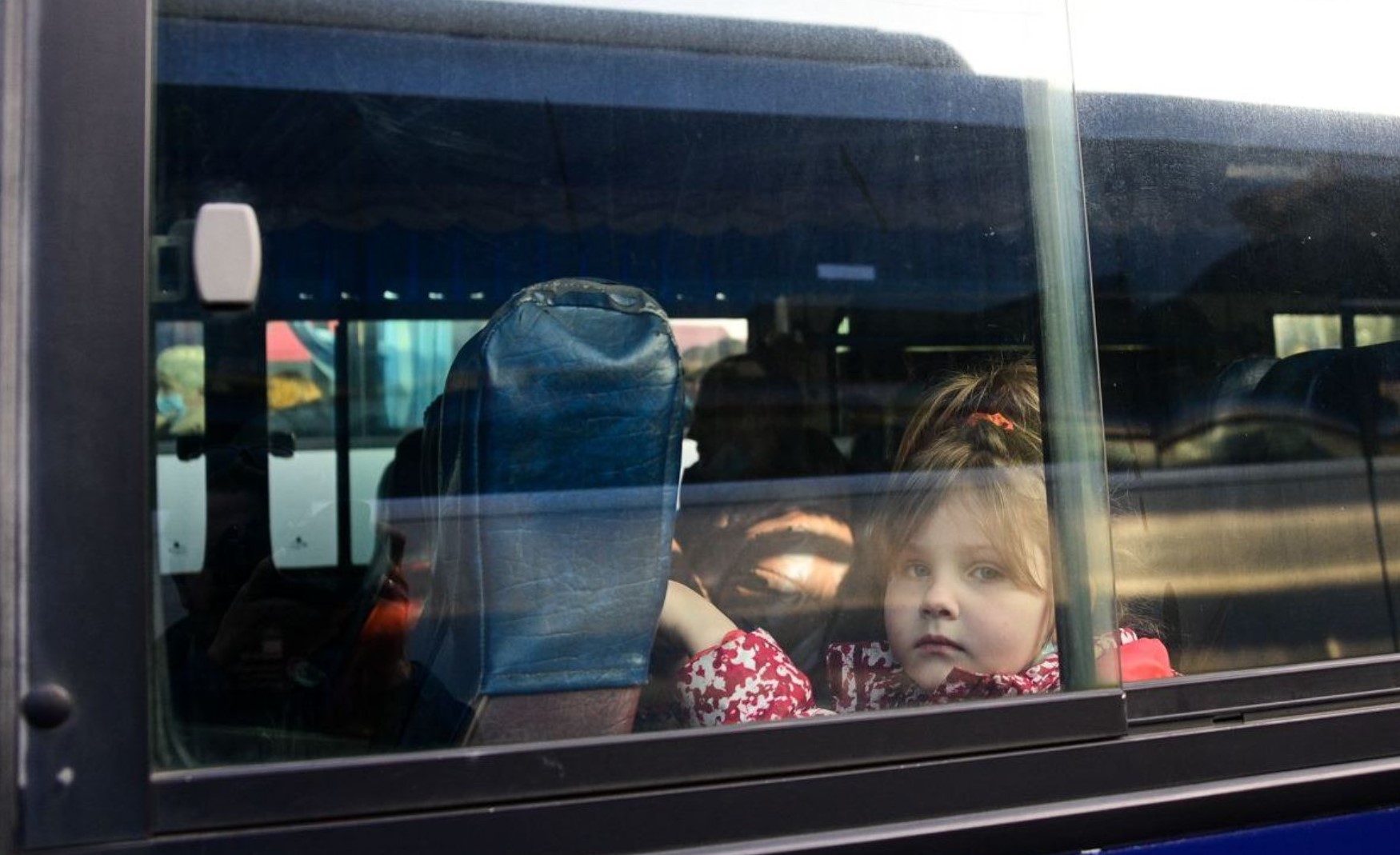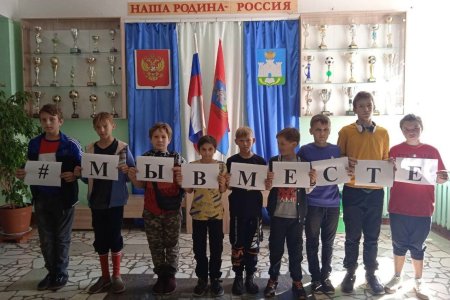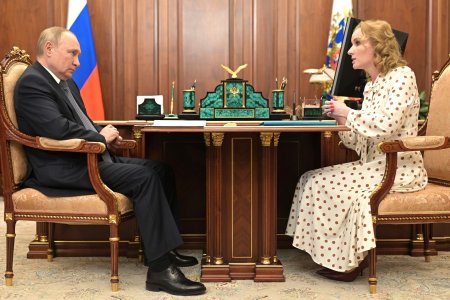
Ukraine has called upon the International Criminal Court [ICC] to note a decree signed by Russian president Vladimir Putin which, among other things, simplifies Russia’s illegal deportation of Ukrainian children. Ukraine’s Foreign Ministry stresses that Putin’s new decree provides yet more proof of the crimes that Russia is committing against Ukraine and, in particular, its attempts to forcibly assimilate Ukrainian children and to deprive them of their real Motherland. The reference to the court in the Hague is because ICC has already issued one arrest warrant against Putin over his direct role in the illegal deportation of Ukrainian children. ICC should probably, however, also scrutinize other parts of the same decree, for example, on offering easy Russian citizenship to mercenaries and their entire families in exchange for fighting Russia’s war of aggression against Ukraine.
The new decree from 4 January 2024 ‘on categories of foreign nationals and stateless persons entitled to apply for Russian citizenship’ is publicly available, unlike a record number of secret presidential decrees issued in 2023. It is likely that at least some of the secret decrees were about pardoning convicted killers, rapists and other criminals who obtained their freedom (and a lot of money) for six months’ ‘service’ fighting against Ukraine.
Illegally abducted children
Article 3b of the decree concerns supposed ‘orphans or children left without parental care who have Ukrainian citizenship’. There is already considerable evidence that the Russian invaders have forcibly deported children to the Russian Federation without ascertaining that they were indeed orphaned. Such evidence includes the testimony of people like Yevhen Merezhyi who was seized and imprisoned by the Russians while trying to get his three children out of the Russian-besieged Mariupol. It was thanks to the quick thinking of his son, Matfiy, and Ukrainian NGOs, that he managed to rescue his children just before they were due to be handed over for illegal ‘adoption’.
It should be stressed that Russia is in violation of international law by illegally deporting children who are genuinely orphans. This was made entirely clear back on 17 March 2023 when the Chief ICC Prosecutor Karim Khan announced that there were “reasonable grounds to believe that President Putin and [Maria] Lvova-Belova bear criminal responsibility for the unlawful deportation and transfer of Ukrainian children from occupied areas of Ukraine to the Russian Federation”.
Article 50 of the Fourth Geneva Convention prohibits Russia as an occupying power from changing a child's nationality or civil status. The same Convention prohibits the Individual or mass forcible transfers, as well as deportations of protected persons from occupied territory to the territory of the Occupying Power or to that of any other country, occupied or not. Although the Convention mentions the possibility of necessary evacuation, this could not possibly justify Russia’s forced deportation of Ukrainian children after actively blocking any routes to safety in non-occupied Ukraine. Russia has also demonstrably failed to ensure that children taken from Ukraine really do not have family
Ukrainian human rights groups have also pointed to Russia’s evident violation of the Convention on the Prevention and Punishment of Genocide. In naming “acts committed with intent to destroy, in whole or in part, a national, ethnical, racial or religious group”, the Convention specifically mentions “forcibly transferring children of the group to another group.” [Article II(e)].
Article 3b of Putin’s new decree significantly expands the scope for foisting Russian citizenship upon those claimed to be ‘orphans or children left without parents with Ukrainian citizenship’. Applications for children to receive Russian citizenship can be made by “Russian organizations”.
Onisia Syniuk, a lawyer from the ZMINA Human Rights Centre, has commented on the concerns that this raises. In the previous decree, applications for such children to get Russian citizenship could be made by ‘carers’ who were Russian citizens, or ‘citizens’ of Russia’s proxy ‘Donetsk and Luhansk people’s republics’ [‘D-LPR’], or organizations for such children on the territory of ‘D-LPR’ or occupied parts of the Kherson and Zaporizhzhia oblasts. The new decree states that such applications may be made by ‘Russian organizations’. While Russia is claiming that occupied Ukrainian territory has now become ‘Russian’, Syniuk warns that the new wording also makes it possible for any Ukrainian children forcibly deported and placed in Russian children’s homes or other institutions to be forcibly made ‘Russian citizens’.
Ukraine’s Foreign Ministry has stressed that none of these ‘decrees’ can change the fact that these children are Ukrainian citizens; and that Ukraine will continue to take all measures to protect them. The problem, however, is that all such actions make it easier for Russia to ensure that Ukrainian children, forcibly deported from Ukraine, effectively disappear, with it much harder to find them.
Foreign mercenaries and their families
Russian legislation continues to prohibit fighting as a mercenary. The Russian authorities, however, only ‘remember’ such legislation when looking for a reason to prosecute Russian citizens for supporting Ukraine. Putin’s 4 January decree was also widely reported as further simplifying enticement of foreign mercenaries by offering not only them, but their wives, children and even parents, Russian citizenship. The condition is that the individuals must sign a contract to fight for at least one year. According to Current Time, the simplified procedure for giving the foreign nationals themselves Russian citizenship has been decreased from the three months envisaged in a previous decree from May 2023 to one month. Earlier the minimum period for such a contract was five years, with three years fighting needed to be allowed to get Russian citizenship.
The Kremlin and defence ministry are mainly targeting men from former Soviet republics in Central Asia who come to Russia and endure appalling conditions and ill-treatment for higher wages than they could get at home. For many, Russian citizenship was always viewed as a way of improving their options and avoiding the constant harassment from police and other authorities. This has now changed, however, with men suddenly discovering that the coveted Russian passport makes them immediate targets from Russia’s military recruitment offices.
Those who do not have Russian citizenship are subjected to raids of typical places where such labour migrants work, as well as hostels and even mosques. Such raids have, reportedly, become more frequent over recent months. Those found to have Russian citizenship are immediately taken to military recruitment offices or at least handed summonses. Those who do not are also at risk since even if their papers are in order, it is extremely easy (as the migrants are likely to know all too well) to fabricate some kind of charge, etc. There have been many reports of men tricked or coerced into agreeing to fight in Ukraine.



